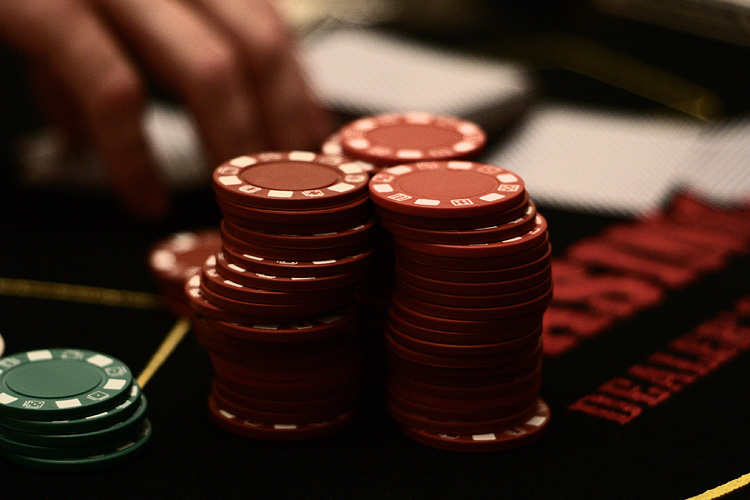States starved for revenue may have a new source of money after a U.S. Department of Justice opinion that appears to open the market for state-sanctioned online gambling such as Internet poker.
A written opinion in late December by the DOJ may legalize online gambling throughout the country, according to I. Nelson Rose, a legal gambling expert, arguing in a paper he presented in January to the National Council of Legislators from Gaming States. The DOJ was responding to a request from Illinois and New York requesting an opinion on whether out-of-state vendors could sell lottery tickets to in-state adults without violating a federal statute known as the Wire Act. That law outlawed online gambling that crosses state borders.
The DOJ unexpectedly ruled the Wire Act applies only to gambling that involves sporting events.
Confusion Remains
The announcement has Rose asserting that states will jump at the opportunity to collect revenue from online gambling such as Internet poker sites.
“There is literally no federal law standing in the way of a state authorizing intra-state online games, and even entering into compacts with other states and nations to share players interstate and internationally,” wrote I. Nelson Rose in his paper.
However, there is still a lot of confusion about how it can be done, whether it can work legally, and just what role the federal government should play. It’s also unclear how this would impact Indian casinos, as they would probably not agree to be regulated by states.
First, states would have to pass legislation allowing online gambling. Then, they might have trouble attracting enough online players if they stay strictly within their borders, and they might find it difficult to raise enough cash to handle online poker. Rose estimates each state would need up to $100 million to run an online poker operation. He says only a handful of states could bring that off.
“You have to have a lot of people, and you have to have liquidity,” agrees Frank Fahrenkopf, CEO of the American Gaming Association in Washington DC, which represents the casino entertainment industry.
Complicated Issues
It is already a competitive marketplace, with more than 2,000 offshore Web sites already in business, Fahrenkopf notes. Those sites have no boundary limitations, a worldwide pool of players, abundant money, and the ability to offer larger cash prizes.
States would have to pool their resources to get enough players, Fahrenkopf says, which he cites as a reason federal legislation is needed.
He suggests the federal government could give interstate licensing, regulatory, and taxing power to a state such as Nevada, which has a lot of experience regulating gambling.
Under such a scheme, Nevada could grant an online gambling license to Illinois, and Michigan could opt in on that license. Michigan and Illinois would then split the taxes, Fahrenkopf said. Federal legislation would also address consumer protection, he said.
Steven Titch, a policy analyst at the free-market Reason Foundation think tank, said he too thinks federal legislation may be necessary.
“I think ultimately there is going to be some type of federal legislation required to iron all this out,” Titch said. “I think states will move in quickly. Within a few years you will have Internet gambling back. That’s generally good for personal liberty. To me, it is a good thing.”
Tom Gantert ([email protected]) is senior capitol correspondent at the Mackinac Center for Public Policy in Midland, Michigan.
Internet Info
“Gambling and the Law,” I. Nelson Rose, Decemb http://www.gamblingandthelaw.com/ er 2011:




